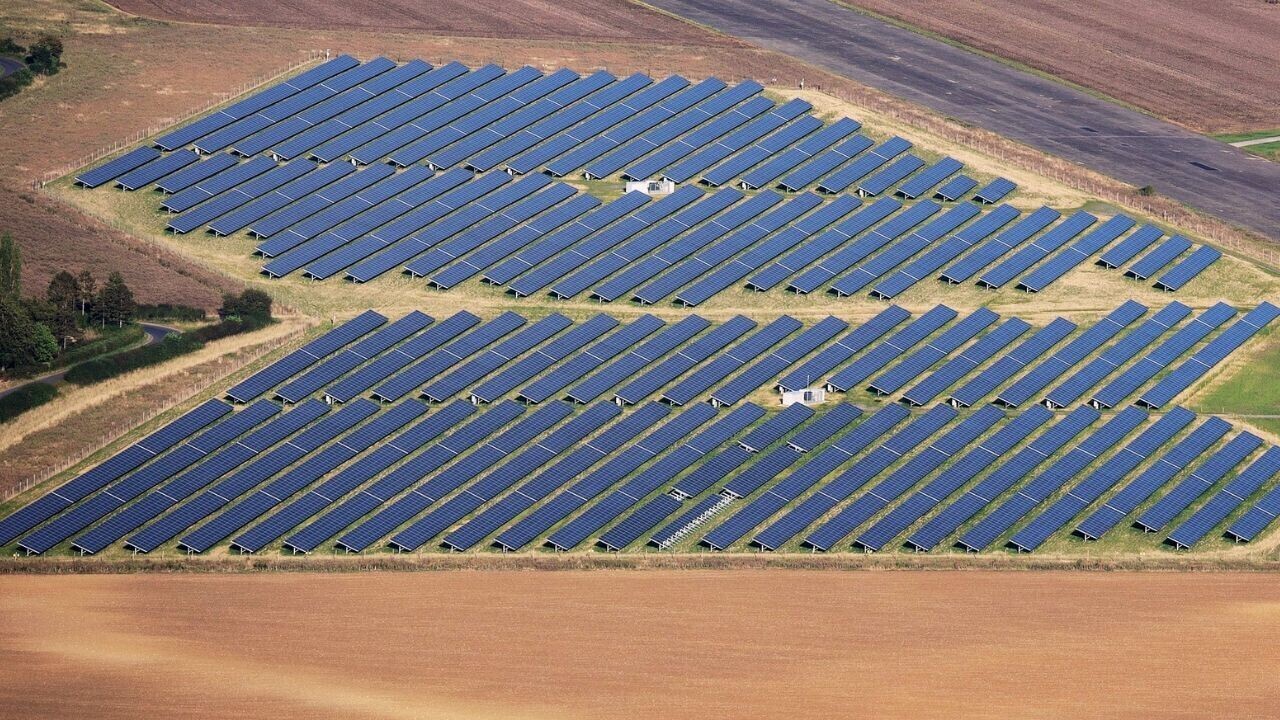Lagos, Monday, September 29, 2025. Media Rights Agenda (MRA) has launched a landmark report, “Access to Environmental Information and the Cost of Ignorance in Nigeria,” warning that the nation’s current approach to environmental and climate challenges threatens the stability, health, and livelihoods of millions.
At a press briefing marking International Day for Universal Access to Information, MRA urged all levels of government to enact stronger, effective frameworks for timely public access to environmental data.
National Call: Environmental Transparency Essential for Survival
At the heart of MRA’s new report is a stark warning: failure to ensure reliable, public access to environmental information comes at the cost of lost lives, displaced communities, and billions in infrastructure damage each year.
Nigeria’s escalating crises, such as deforestation, pollution, flooding, and desertification, were flagged as urgent, cross-cutting threats, compounded by the lack of actionable data for both citizens and public officials.
Frameworks Exist, but Enforcement and Access Gaps Endure
MRA Programme Officer, Ms Ayomide Eweje, noted in her official statement that while Nigeria boasts a complex web of constitutional, statutory, and international commitments to environmental transparency, these remain hampered by weak enforcement, a lack of public sector openness, and poor digital literacy among citizens.

The MRA report examines relevant statutes and global policy commitments, from Nigeria’s Freedom of Information (FOI) Act, Climate Change Act, and the National Environmental Standards and Regulations Enforcement Agency (NESREA) regulations to Paris Agreement obligations and regional conventions.
It finds that opportunities for transparency are undermined by reluctance among institutions to proactively disclose information, a lack of central open data platforms, and persistent inequalities that marginalise rural communities, especially women, from environmental decision-making and data access.
Public Participation, Digital Innovation, and Stronger Accountability
The report argues that effective access to environmental information is more than legal compliance; it is vital to empowering citizens to protect their wellbeing, hold duty bearers accountable, and help shape policies that support both sustainable growth and climate-resilient futures. MRA stresses that governments must do more than tick legal boxes; instead, they should invest in broadband, decentralised digital hubs, and community ICT centres to bridge the rural-urban data divide.
New technologies, including artificial intelligence and real-time environmental monitoring, offer transformative potential. MRA emphasises that only strong enforcement and regular, accessible disclosure, preferably in user-friendly digital formats, will give Nigerians the power to participate in environmental governance and protect their rights.
Concrete Steps for Leadership, Civil Society, and Media
MRA is calling for the immediate strengthening and enforcement of laws that mandate the proactive, digital disclosure of environmental data. Governments are urged to create centralised, user-friendly open data portals and invest in connecting rural communities.
Furthermore, MRA calls on civil society, the media, and the private sector to actively report, monitor, and advocate for transparent environmental governance. This involves ongoing collaboration with academic, research, and tech institutions to ensure that environmental data is not only published but also made available in formats that are comprehensible and actionable.
The Path Forward: Building an Ecosystem of Openness and Trust
Nigeria’s path to resilience requires more than legislation. It demands a culture of openness, where empowered citizens, independent media, forward-thinking leaders, and technology converge to tackle pollution, climate shocks, and environmental decline.
With the crisis deepening, MRA’s call for universal information access is a critical move, ensuring sustainability through transparent, collaborative, data-driven action, not chance.













